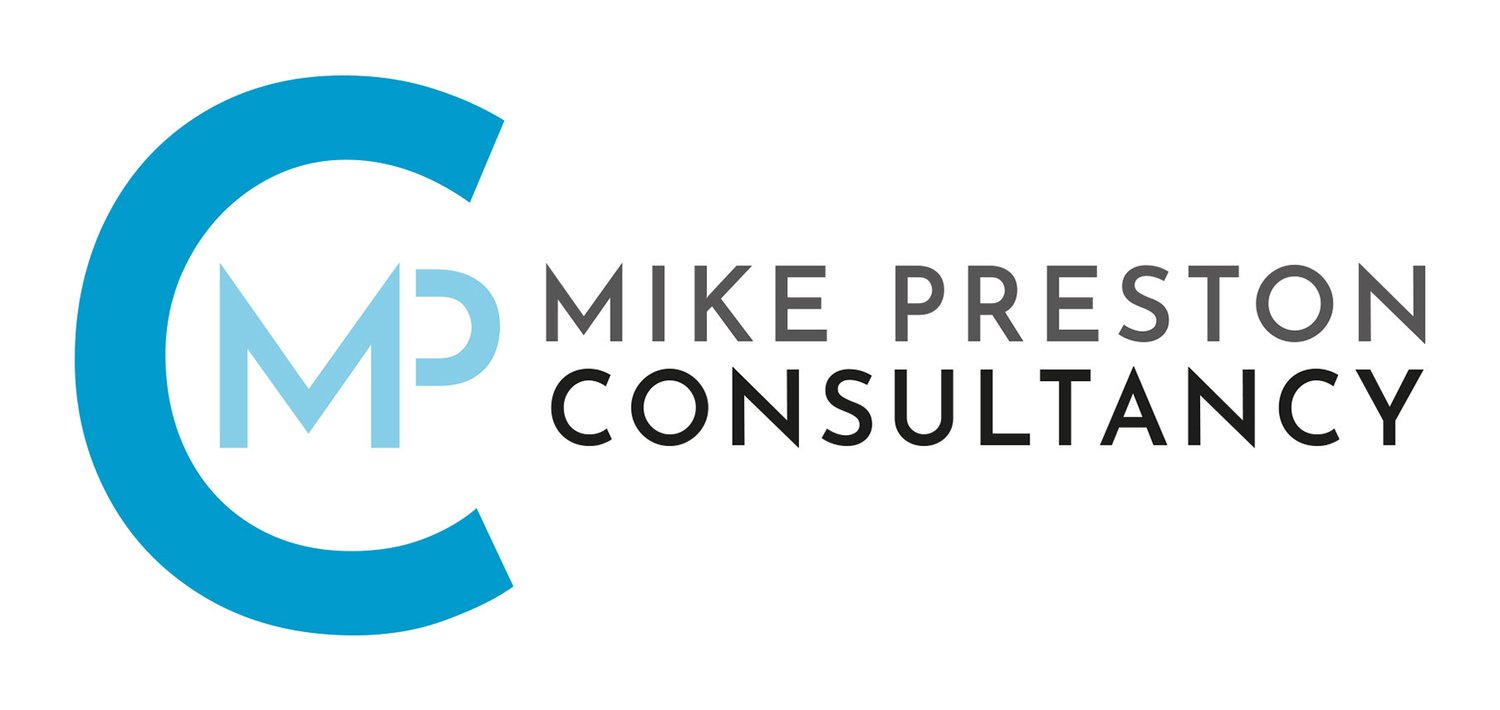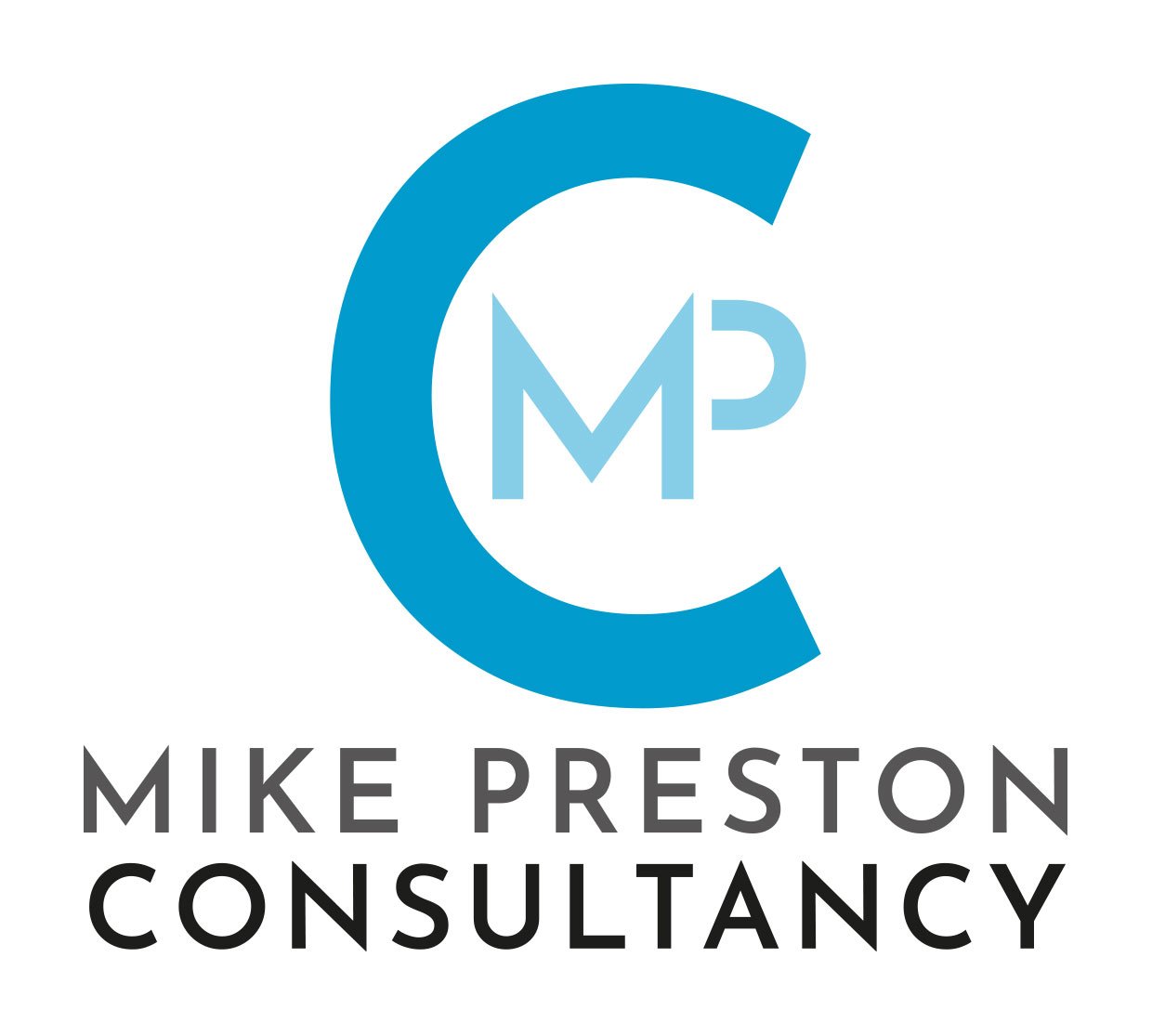Reflecting on the Past, Planning for the Future: A Guide to Business Goal Setting
The start of a new year is a natural time for reflection and planning. For charities, this process is even more crucial. It's a chance to assess your work's impact, identify improvement areas, and set meaningful goals that will guide your mission in the coming year. As we look ahead to 2025, let's explore a practical guide to goal setting that will empower your charity to thrive.
Reflecting on 2024: Where Did We Go and What Did We Learn?
Before diving into plans, take a moment to honestly evaluate the past year. Ask yourselves these key questions:
What were our biggest achievements? Celebrate your successes! Acknowledge the hard work and dedication of your team and volunteers. Quantify your impact wherever possible (e.g., "Increased the number of beneficiaries served by 15%").
Where did we fall short? Be honest about the challenges you faced. What obstacles hindered your progress? Were there any programs that didn't perform as expected? Don't dwell on the negative, but identify areas for improvement.
What did we learn? Every experience, good or bad, offers valuable lessons. What insights did you gain about your target audience, fundraising strategies, or operational efficiency? Capture these learnings to inform your future decisions.
Did we stay true to our mission? Reflect on whether your activities aligned with your core mission and values. Are there any adjustments needed to ensure you're effectively serving your purpose?
Setting SMART Goals for 2025: A Roadmap for Success
Once you've reflected on the past year, you're ready to set goals for the future. Use the SMART framework to ensure your goals are:
Specific: Clearly define what you want to achieve. Avoid vague statements. Instead of "Increase donations," aim for "Increase online donations by 20%."
Measurable: Establish quantifiable metrics to track your progress. How will you know if you've achieved your goal? Include specific numbers or percentages.
Achievable: Set realistic goals that are within your capacity. While it's good to be ambitious, avoid setting goals that are unattainable with your current resources.
Relevant: Ensure your goals align with your overall mission and strategic priorities. They should contribute meaningfully to your organization's purpose.
Time-bound: Set a deadline for achieving your goals. This creates a sense of urgency and helps you stay on track.
Examples of SMART Goals for Charities:
Increase community engagement: "Increase attendance at our annual fundraising event by 10% by September 30, 2025."
Expand reach: "Launch a new social media campaign to reach 5,000 new followers by December 31, 2025."
Improve program delivery: "Implement a new volunteer training program by March 31, 2025, to improve the quality of services provided to beneficiaries."
Secure funding: "Submit grant applications to five new foundations by June 30, 2025, to secure at least two new grants."
Beyond SMART: Adding Heart to Your Goals
While the SMART framework is essential, remember that charities are driven by passion and purpose. Consider adding these elements to your goal-setting process:
Impact-focused: How will achieving this goal benefit your beneficiaries? Connect your goals to the positive change you want to create in the world.
Values-driven: Ensure your goals reflect your organization's core values. They should be aligned with your mission and guiding principles.
Collaborative: Involve your team, volunteers, and even beneficiaries in the goal-setting process. This fosters a sense of ownership and shared purpose.
Communicating and Implementing Your Goals
Once your goals are set, communicate them clearly to your entire organization. Make sure everyone understands their role in achieving these objectives. Develop an action plan with specific tasks, timelines, and responsibilities. Regularly monitor your progress and make adjustments as needed.
Looking Ahead to a Successful 2025
By reflecting, planning, and setting SMART goals, your charity can position itself for a successful 2025. Remember that goal setting is an ongoing process. Regularly review and update your goals as needed to ensure they remain relevant and aligned with your mission. With careful planning and dedicated effort, you can make a significant impact and create positive change in the lives of those you serve.
How Can We Help?
Setting effective goals is crucial for any charity looking to thrive. Mike Preston Consultancy can guide your organisation through this vital process. From facilitated reflection workshops to developing SMART goals and actionable plans, their expertise covers every stage. We can help you analyse past performance, define clear objectives, and build a performance measurement framework to track progress. Beyond the SMART framework, we’ll assist in aligning goals with your core values and ensuring they're impact-focused. Whether it's team building, change management, or simply providing an objective external perspective, we empower charities to set meaningful goals and achieve greater impact in the coming year.
Why not book a Discovery Call with us to discuss how we can help you in more detail?


